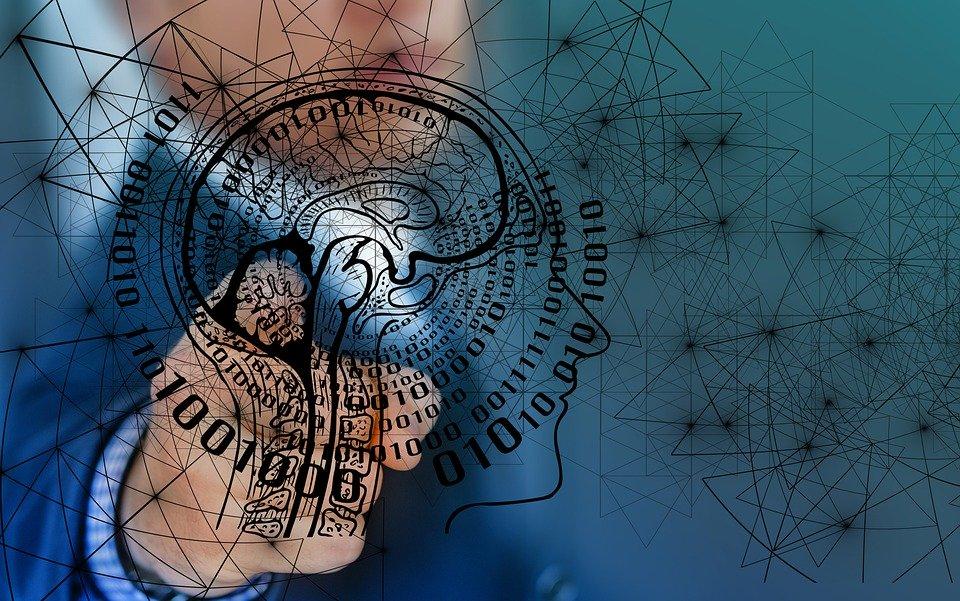Further Applications of Enterprise Artificial Intelligence

Enterprise AI is gaining more importance in consonance with data analytics, critical in IT entities, in trying to deliver predictive capabilities and seamless support. Industry leaders predict that AI will be more prominent from this year until 2026, as the increased privacy and data regulation impact the way organizations design artificial intelligence and machine learning models. The success of the AI systems will depend immensely on the investment in data management, as this will help develop effective AI-powered tools.
At this stage, more than 85 percent of businesses were already gaining the benefits of better customer experience and increased revenue due to AI. Its value came to the forefront because of the pandemic, as AI applications enhanced tasks related to demand projection, simulation modeling, and workforce planning. The technology will see more refined applications across various industries, such as financial services. We’ll see more applications in automation and augmentation of the heart of business processes, with a focus directed at user experience and productivity.
Effects of artificial intelligence on industries
Many industries accept the fact that AI is the main force behind emerging technologies such as the Internet of Things, robotics and big data. In 2021, AI will continue to be the primary technological innovator.
The next decade predicts that the development and adoption of existing and emerging technologies will be more rapid.
The Covid-19 pandemic has set off a flurry of innovation activities, such as the widespread distribution of scientific publications and patent protection of things AI-related. Right now, the AI industry is increasingly dominated by academia and the AI industry itself.
According to the World Intellectual Property Organization (WIPO) Report in 2019, various AI-related technologies applicable to multiple industries see an increase in patent protection. Leading the AI-related patent race is Microsoft, with more than 18,300 patents. Following the leader are IBM, Samsung, Qualcomm, and Google.
With the technological evolution already happening, it becomes clearer that AI will probably replace humans. It had happened earlier when robots were used in various industries, but those are programmed robots. Today’s robots are embedded with artificial intelligence; they can already function better and understand their assigned job.
Forecasts for enterprise AI
One of the biggest things about artificial intelligence is that it will become present in every facet of humans’ daily lives. Here are some of the predictions.
1.Increasing demand for ethical artificial intelligence
This topic will be the top priority, something that was overlooked by organizations in the past. Now employees and customers will be more responsible when using AI. Some of the important ethical issues include:
- Wealth inequality and job loss, as people become more concerned about the loss of their jobs in the future
- Who will take responsibility if AI commits a mistake?
- Should AI systems be permitted to kill?
- AI bias
- How humans will treat AI
- The “singularity” and how people can control AIs
What is singularity? In its technical description, singularity istheoretically the time when future technological development overtakes humans’ ability to control it. Massive changes will occur once computers can learn by themselves without being taught and trained using the data people collect. According to the predictions of Google’s Director of Engineering, Ray Kurzweil, this phenomenon will happen before we reach 2045.
2. Chatbots will be AI-powered
Conversational AI or AI-powered chatbots will enhance the reach, personalization and responsiveness of user experience (UX), as conversational AI leads to customer service automation.
Chatbots driven by AI will use natural language processing (NLP) and machine learning to understand what humans say and their needs. With such development, the chatbots will provide a more natural communication close to the level of humans (mimicking human conversation).

3. Intelligent automation
Due to Covid-19, the automation plans of many organizations will focus on business resilience and back-office processes. Intelligent automation will introduce digital and robotic process automation with low-code tools and practical artificial intelligence to ensure resiliency and efficiency while they expand their business operations.
4. More progress in trusted data
Consumer groups continue to pressure companies to provide data origin for AI that includes data audit trails to ensure the compliance and ethical use of artificial intelligence. In 2021, AI and Blockchain will be work together to support the origin, usage and integrity of data.
5. Machine learning and AI will penetrate new areas of use
Bolder companies willing to take the next step will push AI into new territories, such as on-demand, personalized marketing and holographic meetings for people working remotely. These companies will gamify strategic planning and build new business models inside the boardroom.
6. AI will increase automation and augmentation needs in the workplace
With the lessons learned at the height of the Covid-19 pandemic, about 35 percent of companies will use AI to help with workplace disruption for home-based knowledge workers and those human touch or location-based, physical workers. Companies will adopt AI for return-to-work health tracking, customer service agent augmentation, semi-autonomous robots for social separation, and intelligent document extraction.
7. A different approach in hiring and managing talents
The pandemic helped businesses in house cleaning, which will continue in 2021. Remote working conditions will continue. New opportunities opened due to the health crisis, and AI will play a large role in processing more employment candidates and giving them a good chance of being hired. Sovereign borders and geographic companies cannot stop companies from accessing new talents.
AI will help search for the right candidates by assessing their capabilities aside from skills. Companies will assess what talents they actually need to do the job, which will open new employment opportunities to more people. The hiring of employees will veer away from the traditional methods of finding people with experience in a similar industry, knowledge of using productivity tools, education, age, and diversity and inclusion.
These are just predictions, but with the increasing applications of artificial intelligence that affect humans’ daily lives and their civil rights, the focus will be on accountability that can affect the technology’s ethical use. The lessons from the pandemic brought forward the viability of lean operations and work efficiency.